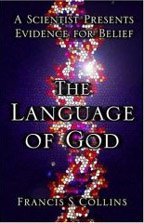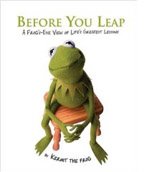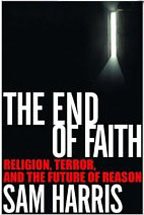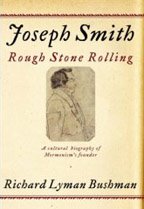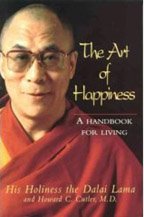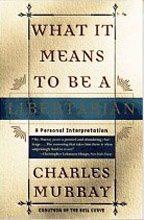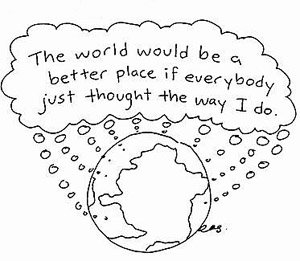I brought this up to my wife and we discussed it for a little bit. I finally came to the conclusion that the photos were just the good times when they wanted to take a picture of the events in their lives. The lack of any bad news in any of the pictures made the people in the photos seem as two-dimensional as the prints themselves. I don't blame anybody for not stopping to take pictures of all the bad stuff in their lives. It'd be even more disconcerting to look through a scrapbook of only funerals, divorce pictures, car accidents, and illnesses. But would it really be so bad we did take a few of those pictures? Wouldn't it leave a better record of who we really are if we recorded a few of the tears as well as the smiles?
Along this line my wife has fallen victim to a new hobby. She's gone headfirst into digital scrapbooking. And she's so good at it that I'll finance it 'til her heart's content. Sometimes she'll just take one simple picture and doll it up with fancy papers and cutouts. I've seen many other scrapbook layouts before but Victoria's are unique. Like real life she is never content to just put a caption on a picture she has to give you a paragraph or two about the subject. She incorporates this journaling into every layout she does. I don't know if it was because of our discussion or not but she has also started scrapbooking a few of the tears in our life as well.
Last month Noah, my third, had to have a breathing treatment. He gets croup every year and his little lungs just have a real hard time fighting it off. Victoria took a few shots of Noah on his breathing machine. The next day she had made a scrapbook layout complete with journaling of the event and she's posted it to her blog. Far from being negative, I think this layout shows that Noah will struggle through adversity and tough it out no matter what life throws at him. I love all of Victoria's layouts but this one really had depth to it.
I'm going to make a better effort to take pictures of the bumps and bruises, the accidents and the goofs. Not to dwell on them but to learn from them and to help others if possible. Life isn't all birthday parties and Christmas presents. By sharing and documenting the not-so-happy times we can add tremendous depth to the history that we are leaving behind for friends and family. Through this they can come to love and understand us even more.

For a large collection of her layouts please visit Victoria's blog.


